In the ever-evolving landscape of education, one thing remains constant: the crucial role of physical education (PE) in shaping well-rounded individuals. As schools strive to provide comprehensive learning experiences, the Association for Physical Education (AfPE) emerges as a beacon of support and guidance. With its array of approved programmes, AfPE not only ensures excellence in PE but also enhances credibility during Ofsted subject deep dives, demonstrating effective use of funding.
Understanding AfPE: Advocates for Quality Physical Education
AfPE stands as the leading national professional association for PE, dedicated to promoting and maintaining high standards in teaching and learning. With a mission to empower educators and enrich the PE curriculum, AfPE serves as a vital resource for schools seeking to optimize their PE provision.
The Significance of AfPE Approved Programmes
AfPE’s approved programmes serve as a hallmark of quality and effectiveness in PE delivery. These programmes undergo rigorous scrutiny, ensuring alignment with national standards and best practices. By adopting AfPE approved programmes, schools signal their commitment to excellence while gaining access to a wealth of resources and support.
Enhancing Credibility in Ofsted Deep Dives
In the intricate evaluation process of Ofsted inspections, subject deep dives scrutinize the quality of education across various disciplines, including PE. Here, the adoption of AfPE approved programmes proves invaluable. These programmes provide a structured framework for teaching and assessment, facilitating clear evidence of progress and achievement. Schools leveraging AfPE approved programmes showcase a robust PE curriculum, earning recognition for effective use of resources and funding.
Leveraging AfPE Approved Programmes: A Path to Success
Implementing AfPE approved programmes transcends mere compliance; it signifies a commitment to excellence and student well-being. By integrating these programmes into their PE provision, schools unlock a multitude of benefits:
- Quality Assurance: AfPE approved programmes adhere to national standards, ensuring consistency and quality in PE delivery.
- Comprehensive Support: Schools gain access to AfPE’s extensive network of resources, training, and guidance, empowering educators to excel in PE teaching.
- Enhanced Student Outcomes: With structured programmes tailored to promote physical literacy and holistic development, students thrive both academically and physically.
- Credibility in Evaluation: During Ofsted inspections, schools equipped with AfPE approved programmes demonstrate evidence-based practice and strategic use of funding, earning commendation for their PE provision.
Embrace Excellence with AfPE
As educators, our commitment extends beyond imparting knowledge; it encompasses nurturing well-rounded individuals equipped for success in all facets of life. With AfPE and its approved programmes, schools embark on a journey of excellence in physical education, enriching the lives of students and elevating the educational experience.
Take the Next Step
Explore the AfPE programmes we support schools with including our staff CPD service called the PE Curriculum Support Programme (PECS) which is mentoring process that enhances the knowledge and confidence of primary school teachers more information can be found in our schools services tab. We are also able to provide schools with support to imbed and delivery an AfPE approved scheme of Work through our partnership with Beyond the Physical. To access a 14 day free trial of the scheme please visit Register for FREE 14 Day Trial (UK) – Beyond The Physical

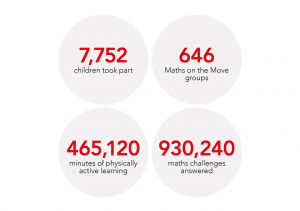
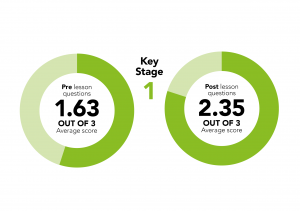
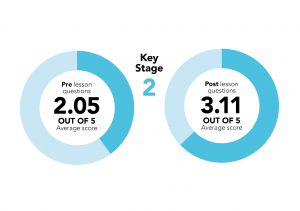
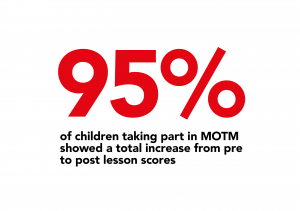
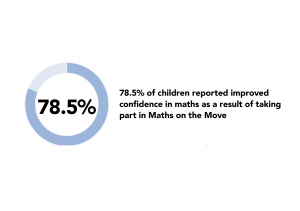
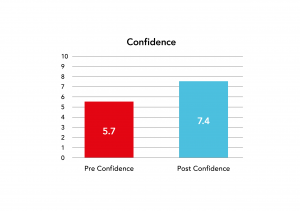
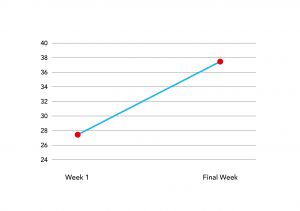
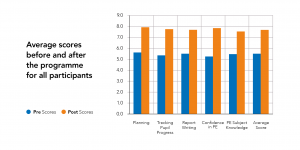
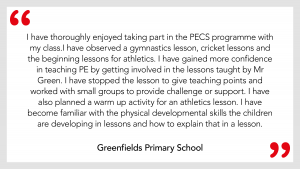
 Maths on the Move is ready to relaunch
Maths on the Move is ready to relaunch